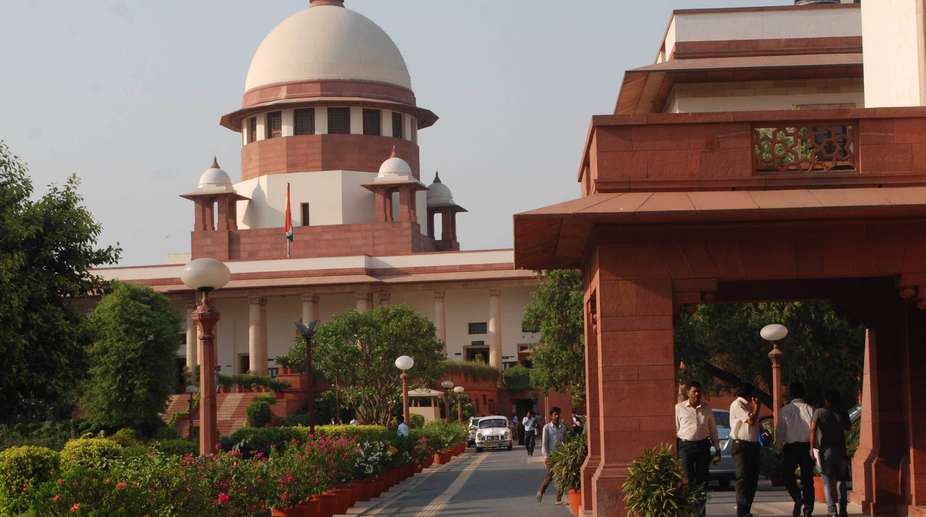The Supreme Court today issued notice to the Maharashtra government on a plea filed by an association of women dancers, waitresses, singers and other performers working in bars and hotels.
These groups have challenged the constitutional validity of a 2016 state law putting conditions on dance performances by women in bars and hotels there.
"Issue notice. Returnable within four weeks," a bench of Justices Dipak Misra and R F Nariman said.
Tagging the fresh plea of 'Bharatiya Bargirls Union' with a pending petition filed by Indian Hotel and Restaurant Association (IHRA) on the issue, the bench fixed the petitions for hearing on 20 April.
In their petition, the association has challenged the constitutional validity of a 2016 state law putting conditions on dance performances in restaurants and bars.
The petitioners have challenged the constitutional validity of certain provisions of the Maharashtra Prohibition of Obscene Dance in Hotels, Restaurants and Bar Rooms and Protection of Dignity of Women Act, 2016, and the rules framed under it.
Saying that the new act "stigmatised our work", the Bharatiya Bar girls’ Union has termed it as arbitrary and violative of their right to earn a livelihood through legitimate means.
It alleged that the term "obscene dance" in the Act has been deliberately kept vague to allow the police to harass women performers.
The new law unreasonably interferes with free choice of expression through dramatic performances and the right of women to practice the occupation of self-expression through such dramatic performances, the petition said.
The plea read: "The act of tipping or giving gifts as a token of appreciation has been customary and an integral part of traditional dance culture. This decades-old practice is akin to those performing Mujra, Lavani (traditional Marathi song and dance) or Tamasha (traditional Marathi theatre) where performers earn their living through 'bakshis' offered by the audience as a token of appreciation of the performances."
"The said practice is widely prevalent in Maharashtra and across the country. But the Act prohibits such practice contrary to traditionally accepted form of custom, thus failing to recognise that every performance deserves a prize."
The 2016 law for regulating dance bars came after the apex court on 16 July, 2013, struck down the restrictions imposed by the state police on the dance performances of any type in an eating house, permit room or beer bar.
On 21 September last year, the apex court directed that dance bars in Maharashtra would continue to operate under the old terms that permitted serving of liquor and the CCTV cameras would be installed only at the entrance. area.
The court did not put on hold the new rules that require installation of CCTV cameras in the dance bar area, limit the timing of the dances from 6 pm to 11.30 pm and prohibit serving of liquor in the bar room where dances are staged.
Advertisement











